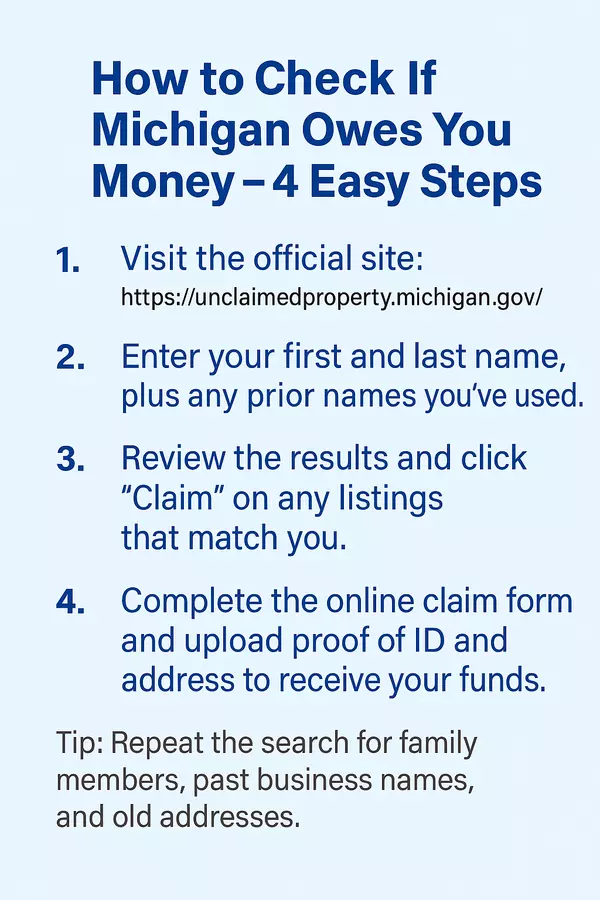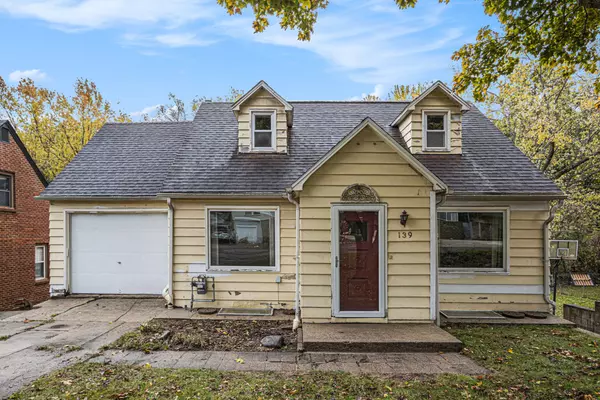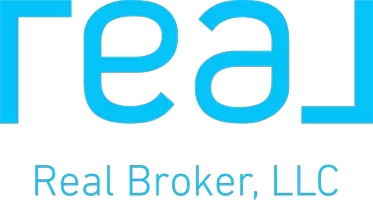How can a borrower with a HUD reverse Mortgage HECM/Home Equity Conversion Mortgage apply for a short sale?

Obtaining approval for a HUD reverse mortgage (Home Equity Conversion Mortgage, or HECM) short sale involves a detailed process because the property is secured by a Federal Housing Administration (FHA)-insured reverse mortgage. Below is a step-by-step breakdown of the process:
1. Determine Eligibility for a Short Sale
-
The homeowner must be in default or facing imminent default (e.g., unable to pay property taxes, insurance, or maintenance).
-
The property must be the primary residence (HECM rules require borrowers to live in the home).
-
The homeowner must demonstrate a legitimate financial hardship (e.g., medical issues, death of a spouse, forced relocation).
2. Contact the HECM Servicer
-
The loan servicer (the company handling the reverse mortgage) must be notified of the intent to pursue a short sale.
-
The servicer will provide guidance on their specific requirements.
3. Obtain a HUD-Approved Appraisal
-
HUD requires a current appraisal to determine the property’s as-is market value.
-
The appraisal must be conducted by a HUD-approved appraiser.
4. List the Property with a Real Estate Agent
-
The home must be listed with a licensed real estate agent at fair market value (FMV).
-
The listing price should align with the appraisal and local market conditions.
5. Receive and Evaluate Purchase Offers
-
Any offers received must be submitted to the HECM servicer for review.
-
The servicer will assess whether the offer is reasonable and if proceeds will cover (or come close to) the loan balance.
6. Submit a Short Sale Package to HUD
The homeowner (or their representative) must submit a complete short sale package, including:
-
Hardship letter (explaining why the short sale is necessary).
-
Financial documents (bank statements, tax returns, proof of income/expenses).
-
Purchase offer from the buyer.
-
HUD appraisal.
-
Listing agreement (showing the property was marketed properly).
-
Estimated HUD-1 Settlement Statement (showing costs and net proceeds).
-
Other documents as required by the servicer.
7. HUD/Servicer Review & Approval
-
The HECM servicer reviews the package and may negotiate with the buyer.
-
If the servicer approves, they will issue a short sale approval letter with conditions (e.g., minimum net proceeds).
-
HUD (FHA) must also approve the short sale if the servicer is seeking a claim on the mortgage insurance.
8. Close the Short Sale
-
Once approved, the transaction proceeds like a normal sale.
-
The title company or closing agent ensures all HUD/servicer conditions are met.
-
The servicer releases the lien, and the property transfers to the buyer.
9. Post-Sale Obligations
-
The HECM loan is extinguished, and the borrower (or estate) has no further liability (since HECM is a non-recourse loan).
-
If the sale proceeds are less than the loan balance, HUD’s mortgage insurance covers the difference.
Key Considerations:
-
No Deficiency Judgments: HECM loans are non-recourse, meaning the borrower (or heirs) won’t owe the remaining balance.
-
Estate Implications: If the borrower has passed away, the heirs must work with the servicer to facilitate the short sale.
-
Tax Implications: Forgiven debt may have tax consequences (consult a tax advisor).
Visit https://richardstewart.com/sell to see my home selling SHORT SALE plan for those facing Foreclosure Richard Stewart 269-345-7000
Categories
Recent Posts











"My job is to find and attract mastery-based agents to the office, protect the culture, and make sure everyone is happy! "
